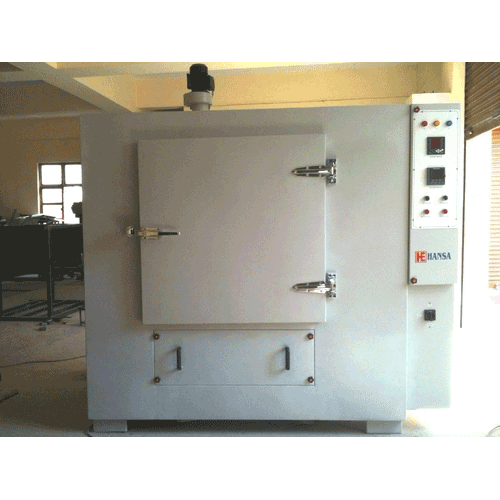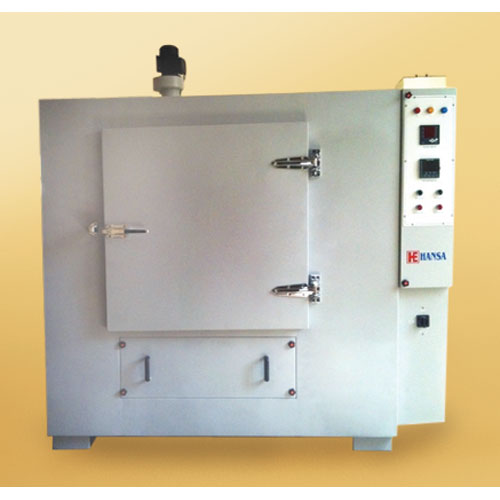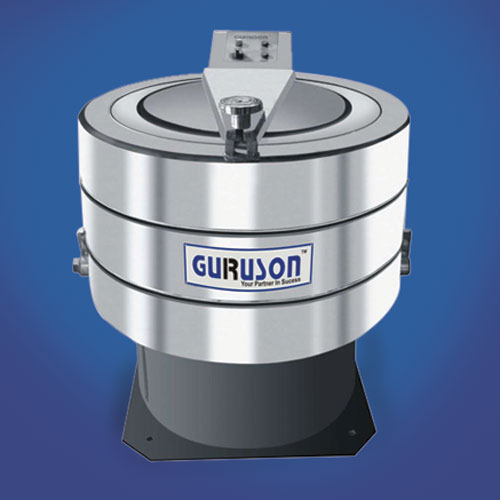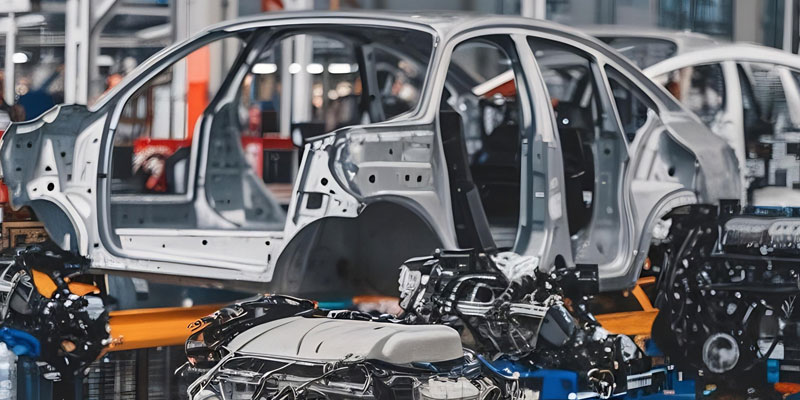Schedule a Call Back
How data-driven optimisation works: Panchu Saha
 Articles
Articles- Dec 20,24

Related Stories

Engineering India’s Next Phase of Growth with Responsibility: Amit Sharma
Amit Sharma, MD and CEO, Tata Consulting Engineers (TCE), outlines TCE's strategy to support India’s next phase of industrial growth through integrated engineering, nuclear and digital capabilitie..
Read more
Atlas Copco launches X-Air+ 750-20 portable compressor India
Atlas Copco has launched the X-Air+ 750-20 portable air compressor in India, targeting water well drilling and mining needs with silent operation, fuel efficiency, mobility and monitoring features.
Read more
MAHLE India to double business in 4–6 years: Milind Godbole
MAHLE India to double business in 4–6 years: Milind Godbole
Read moreRelated Products

Heavy Industrial Ovens
Hansa Enterprises offers a wide range of heavy industrial ovens.

High Quality Industrial Ovens
Hansa Enterprises offers a wide range of high quality industrial ovens. Read more

Hydro Extractor
Guruson International offers a wide range of cone hydro extractor. Read more














